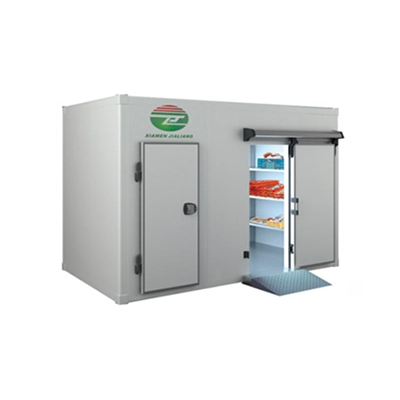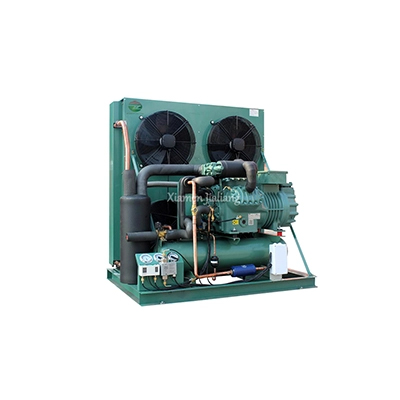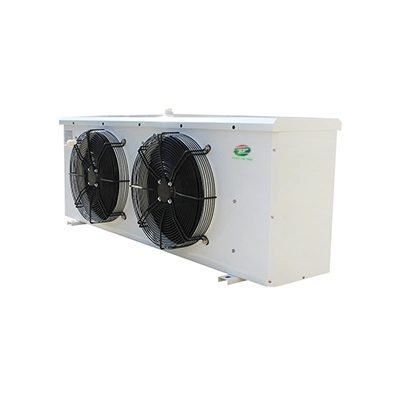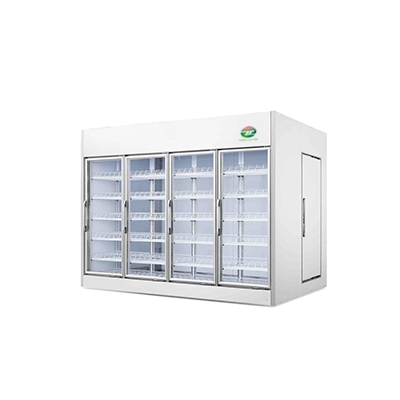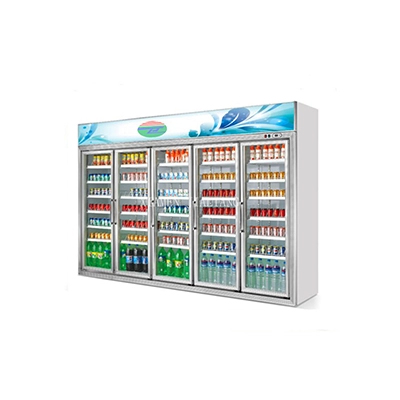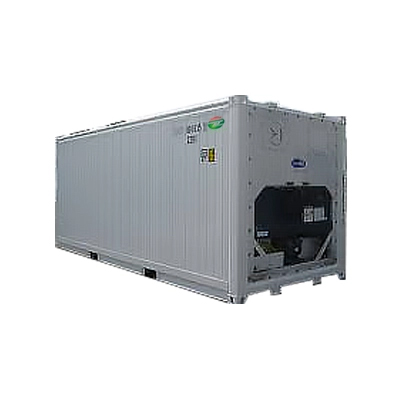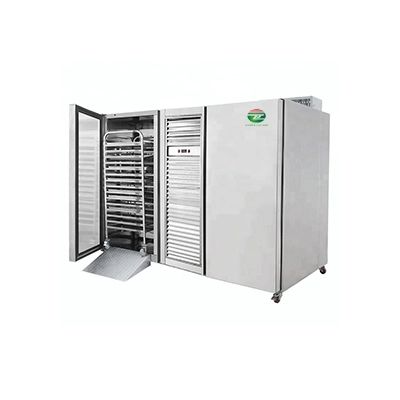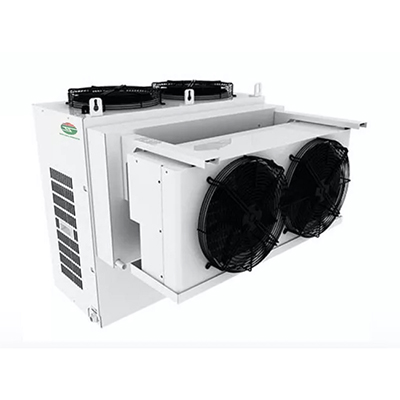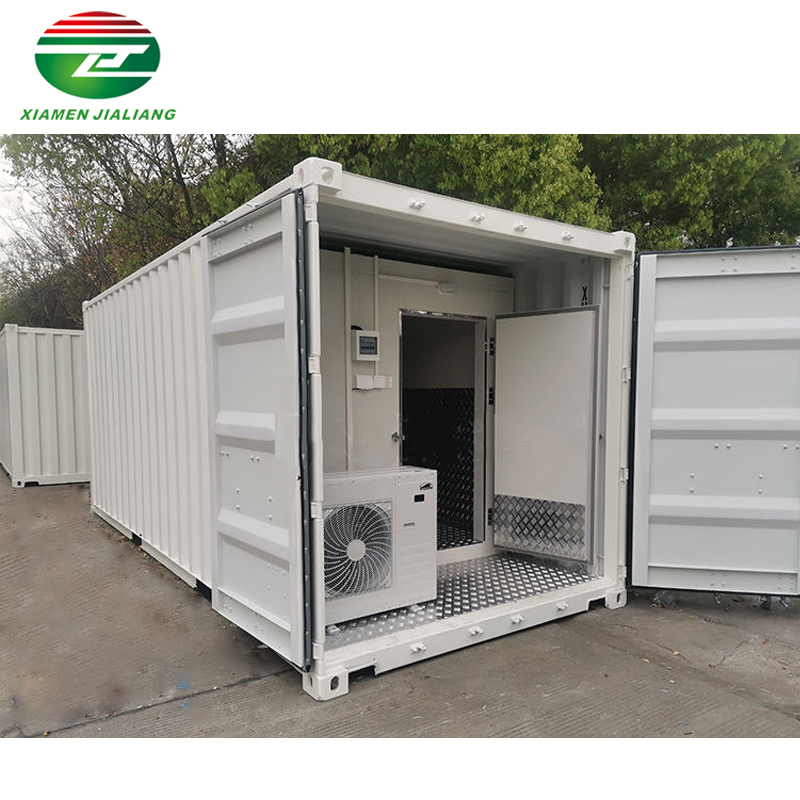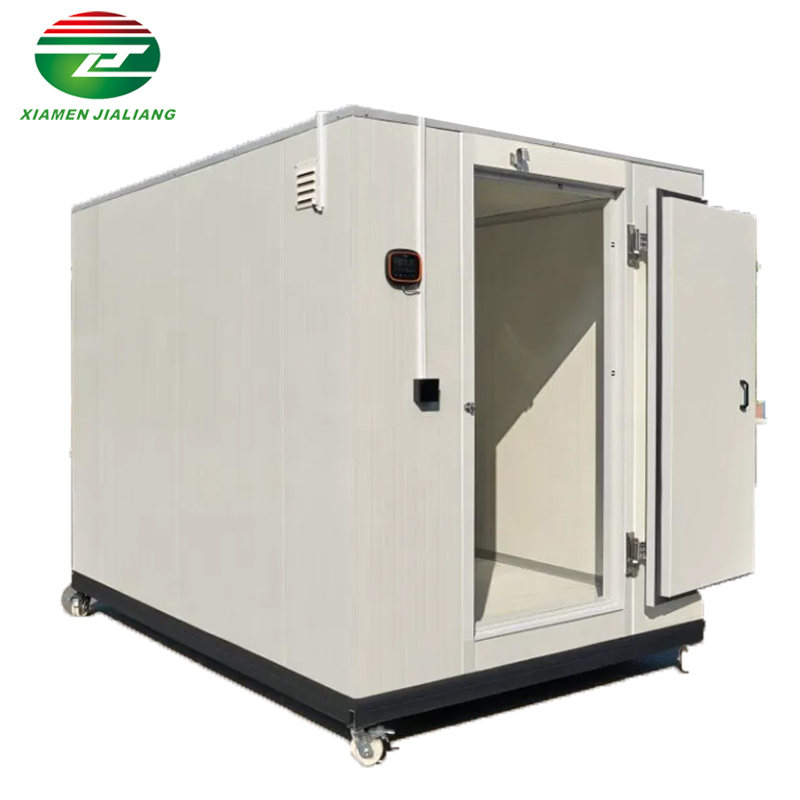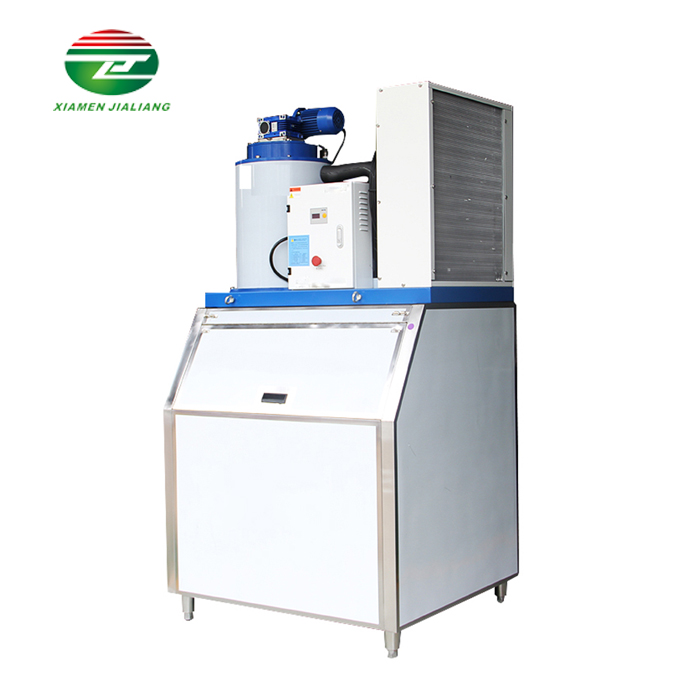Cold storage and global trade: ensuring cross-border logistics
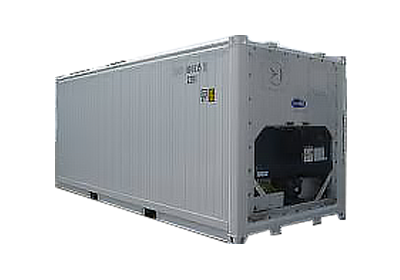
In today's interconnected global economy, the efficient movement of goods across borders is crucial for businesses involved in international trade. With the rise in demand for perishable products and the expansion of global supply chains, the role of cold storage in ensuring effective cross-border logistics has become increasingly important. Cold storage facilities play a vital role in preserving and maintaining the quality of perishable goods, such as food, pharmaceuticals, and chemicals, during transportation. This article will delve into the significance of cold storage in global trade and explore the various solutions available for ensuring smooth cross-border logistics within the cold storage industry. By understanding the challenges and solutions associated with cross-border logistics in cold storage, businesses can enhance their supply chain efficiency, minimize product loss, and maintain customer satisfaction.
The Role of Cold Storage in Global Trade
Cold storage equipment plays a crucial role in global trade, revolutionizing the way perishable goods are transported and preserved. With the advancements in technology and logistics, the demand for cold storage facilities has soared in recent years. These facilities, often referred to as cold rooms, are specialized warehouses equipped with temperature-controlled environments to maintain the freshness and quality of various products.
One of the key benefits of cold storage is its ability to extend the shelf life of perishable goods. By maintaining low temperatures, cold rooms slow down the natural processes of decay and spoilage, allowing products to stay fresh for longer periods. This is particularly important for industries such as agriculture, pharmaceuticals, and food processing, where goods need to be transported over long distances.The equipment like cold storage for medicine, cold storage for food, and cold storage for vegetable also have their own characteristics.
In global trade, cold storage facilities act as a bridge between producers and consumers across different regions. They enable the transportation of goods that would otherwise be impossible to export or import due to their susceptibility to damage or spoilage. For example, fresh fruits and vegetables grown in one part of the world can now be enjoyed by consumers in distant countries, thanks to the existence of cold storage facilities.
Moreover, cold storage has also contributed to the growth of international trade by facilitating the export of perishable goods. Countries with favorable climates for specific crops can now export their surplus produce to meet the demands of consumers in other countries. This not only boosts the economy of exporting nations but also provides consumers worldwide with a wider variety of fresh and nutritious products.
In addition to its role in global trade, cold storage equipment has significant environmental implications. By reducing post-harvest losses and preventing food waste, cold storage facilities help conserve resources and reduce greenhouse gas emissions. Properly stored produce requires fewer resources for transportation, as it can be shipped in larger quantities and over longer distances. This efficiency in logistics contributes to a more sustainable global trade system.
Solutions for Effective Cross-Border Logistics in Cold Storage
Effective cross-border logistics in cold storage is essential for businesses that deal with temperature-sensitive products. Whether it's fresh produce, pharmaceuticals, or other perishable goods, maintaining the integrity of the products throughout the supply chain is crucial. To ensure smooth operations and minimize the risk of product spoilage, businesses need to implement effective solutions.
One of the key solutions for maintaining the quality of temperature-sensitive products is the use of cold rooms. These specialized storage facilities are designed to maintain specific temperature ranges, ensuring that perishable goods are kept at optimal conditions. Cold rooms are equipped with advanced cooling systems, insulation, and temperature monitoring devices to ensure that the temperature is consistently maintained.
In addition to utilizing cold rooms, businesses can also benefit from implementing advanced tracking and monitoring systems. Real-time monitoring of temperature and humidity levels within cold storage facilities is essential to identify any deviations and take immediate corrective actions. This not only helps in maintaining the quality of products but also enables businesses to comply with regulatory requirements.
Another crucial aspect of effective cross-border logistics in cold storage is proper packaging and labeling. Temperature-sensitive products need to be packaged in insulated and suitable containers to minimize temperature fluctuations during transportation. Adequate labeling indicating the temperature requirements and handling instructions can also help in preventing any mishandling or exposure to unfavorable conditions.
Furthermore, collaboration with reliable logistics partners is vital for seamless cross-border operations. Businesses should partner with logistics providers who have expertise in handling temperature-sensitive products and have a robust network of cold storage facilities. This ensures that the products are handled with care and transported in temperature-controlled vehicles, minimizing the risk of spoilage.
To optimize cross-border logistics in cold storage, businesses can also leverage technological advancements. Automation and data-driven solutions can streamline processes, improve efficiency, and reduce the chances of human error. For example, implementing a centralized inventory management system can provide real-time visibility of stock levels, expiration dates, and order fulfillment status, enabling businesses to make informed decisions and avoid stockouts or wastage.
Conclusion
Cold storage facilities, also known as cold rooms, play a crucial role in global trade by enabling the transportation and preservation of perishable goods. They not only extend the shelf life of products but also facilitate international trade and contribute to environmental sustainability. The demand for fresh and high-quality goods is growing, emphasizing the importance of cold storage in global trade. To ensure effective cross-border logistics in cold storage, a combination of solutions is required. These include utilizing cold rooms, implementing tracking and monitoring systems, proper packaging and labeling, collaborating with reliable logistics partners, and leveraging technological advancements. By prioritizing these solutions, businesses can minimize the risk of product spoilage and maintain the quality of temperature-sensitive goods during cross-border transportation.

